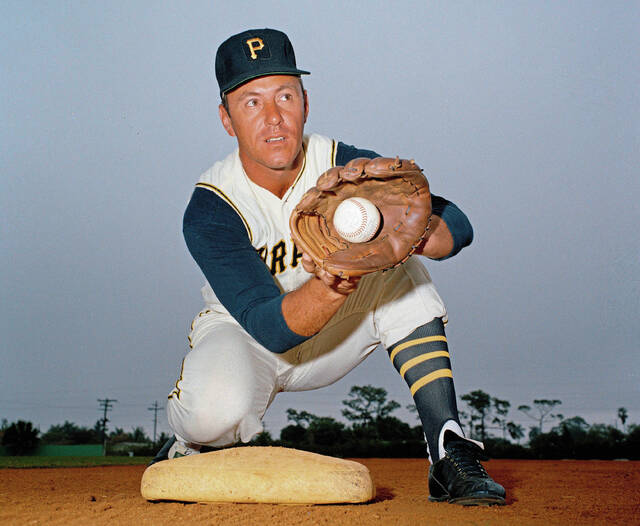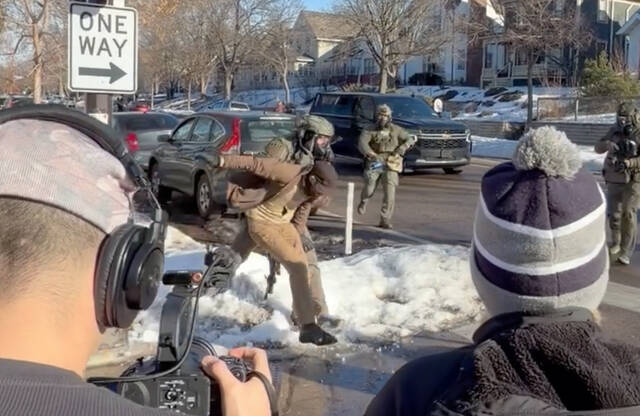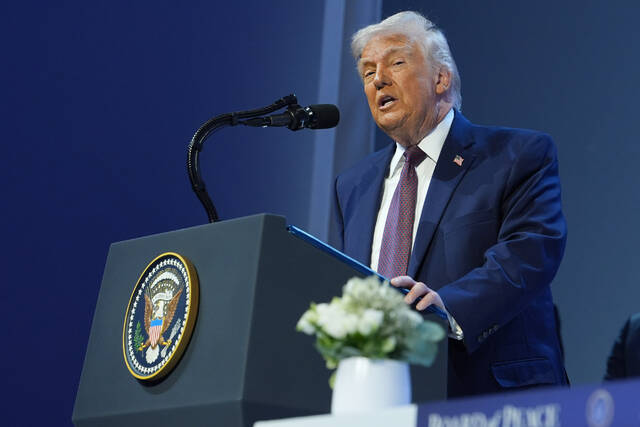When Dennis Towne, a Google engineer from Pittsburgh’s East End, publicly proclaimed this month that he was leaving Pittsburgh because the air sometimes smelled bad in his neighborhood, he quickly caught the attention of politicians, bureaucrats and average Pittsburghers.
A Pittsburgh resident since 2017, Towne acknowledged that Pittsburgh “has made tremendous strides in terms of air quality,” but it’s still not “good enough to grow the city and the region.”
“I am now giving advice to avoid Pittsburgh. I credit myself with discouraging at least a dozen contacts in the tech industry from considering Pittsburgh until the situation improves,” Towne wrote in an essay for PublicSource.org.
There was a time when that industrial smell and gray skies meant there would be a good payday — maybe even overtime — and there would be plenty to eat, some new school clothes and an occasional movie or ballgame.
In the early days of the 1959 steel strike, when I was 10, I got my grandmother to come outside her Braddock row house a block from the mill gate, pointed to the sky and said, “Look, it’s blue!” Grandma replied, “It’s pretty, but just remember this: When the sky is blue, there’s no food on our table.”
That strike lasted for 116 days, and the tough people of this region survived and made the best of it. When the dads would return from the union hall with a trunk full of long loaves of orange-colored surplus cheese, I danced in the street with my cousins like it was a holiday, shouting, “The cheese is here, the cheese is here!”
And when the strike ended, paychecks returned and bills were paid and the skies eventually turned gray again, for a while. With the collapse of Big Steel, most of the mills and plants went silent forever and much of the pollution drifted away, along with too many good-paying jobs.
The sky is often crystal blue now and the air and water has continued to improve. We have new jobs from clean industries. And there are still some old factories that must be forced to respect the environment and our health. And we look forward to the new jobs at the cracker plant and its spin-offs along the Ohio River in Beaver County, fully aware of the need for public health vigilance.
So it is a balancing act.
David L. Lawrence knew how to do this. The father of modern Pittsburgh campaigned for mayor with the slogan “Smoke Must Go!” And in his 1946 inaugural address, he said, “I am convinced that our people want to clean up the air. … There is no other single thing which will so dramatically improve the appearance, the health, the pride, the spirit of the city.”
And at the same time, Lawrence fought for flood control legislation and new river dams at least partly so that the mills could expand and create more jobs for our families.
It may be for the best that the unhappy Google engineer is leaving Pittsburgh. He is right that we have more work to do on the environment, but this is no place for anybody who is not willing to stay and make our region work for all the people who live here.








